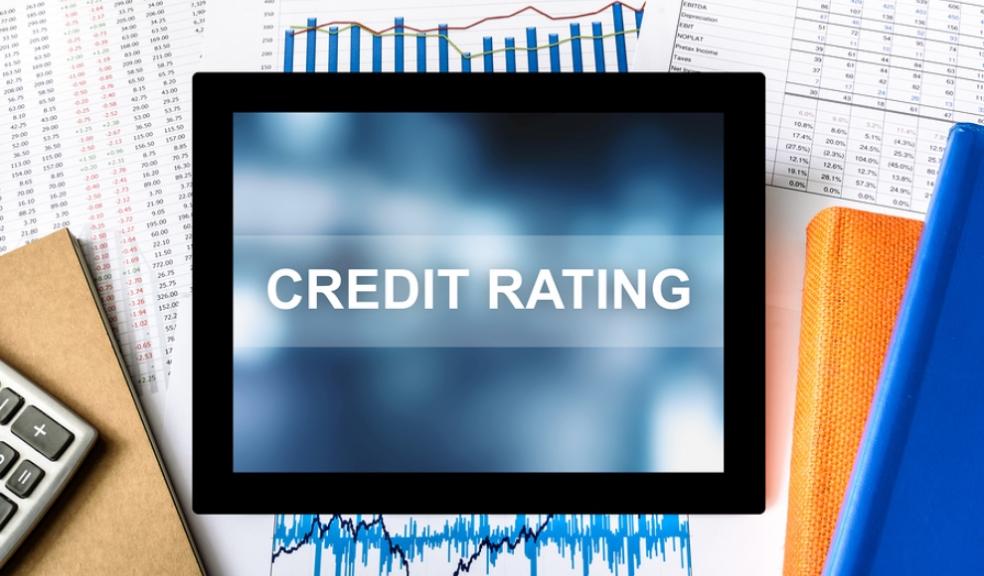
The best ways to improve your credit score
One of the most frustrating aspects of building credit is that it's hard to secure personal loans for bad credit. However, it isn't always necessary to carry debt in order to improve your credit score.
If your goal is to build credit as quickly as possible, you should focus on establishing revolving lines of credit and paying down those balances. These ideas for improving your credit won't require you to take on debt.
1. Have Rent and Utilities Added to Your Credit Reports
The goal of a credit report is to show that you are capable of handling your money responsibly. Unfortunately, many bills and ongoing expenses won't appear on credit reports.
Even if someone doesn't have credit, it's possible that they pay rent and utilities. These are things that generally aren't reported by providers. However, there are services that will ensure that these expenses show up on your credit report.
2. Pay Off the Debt You Have Now
Another excellent way to improve your credit score is to pay off the right kinds of debt. When you make payments on revolving lines of credit, your credit utilization will decrease.
What is revolving credit? It includes lines of credit, home equity lines, and credit cards. Credit utilization ratios compare your total limit of revolving credit against your total balance.
As an example, you could have a credit line with a $5,000 limit and a $1,000 balance as well as a credit card with a $5,000 limit and a $2,000 balance.
In this particular scenario, your credit utilization would be at 30%. Your total balance would be at $3,000, while your total credit limit would be $10,000. Paying off some of this debt would cause your utilization to decrease.
Approximately 30% of your credit score is determined by your credit utilization. The only thing that is more important is paying bills in a timely manner. If you ensure that your credit utilization is as low as it can be, you'll start to see your credit score increase.
3. Look For Discrepancies In Your Credit Report
Another opportunity to improve your credit score without taking on debt is to confirm that all of the information on your report is correct. For example, if your credit report as inaccurate information, like a late payment on an account you have always paid on time, your score could decrease. You'll want to have any inaccurate information removed from your report.
You can begin this process by reviewing every one of your three credit reports. AnnualCreditReport.com makes it possible to obtain a free report from all three bureaus once each year. Because many households are struggling in the wake of the coronavirus, free reports are now available on a weekly basis until April 2021.
Credit.com also offers a Credit Report Card that's absolutely free. This document will give you information on your credit report and the factors that are impacting your score. Reviewing this document will give you a chance to see where you can make changes, and it will also give you the opportunity to identify errors.
If you spot an issue on your credit report during your review, you should dispute that error. Legally, you are entitled to have an accurate, error-free credit report. If the reporter is unable to prove that the information on your report is correct, it will be removed by credit bureaus. This is one very effective way to raise your credit score. The investigation and response must occur in a specific window of time.













